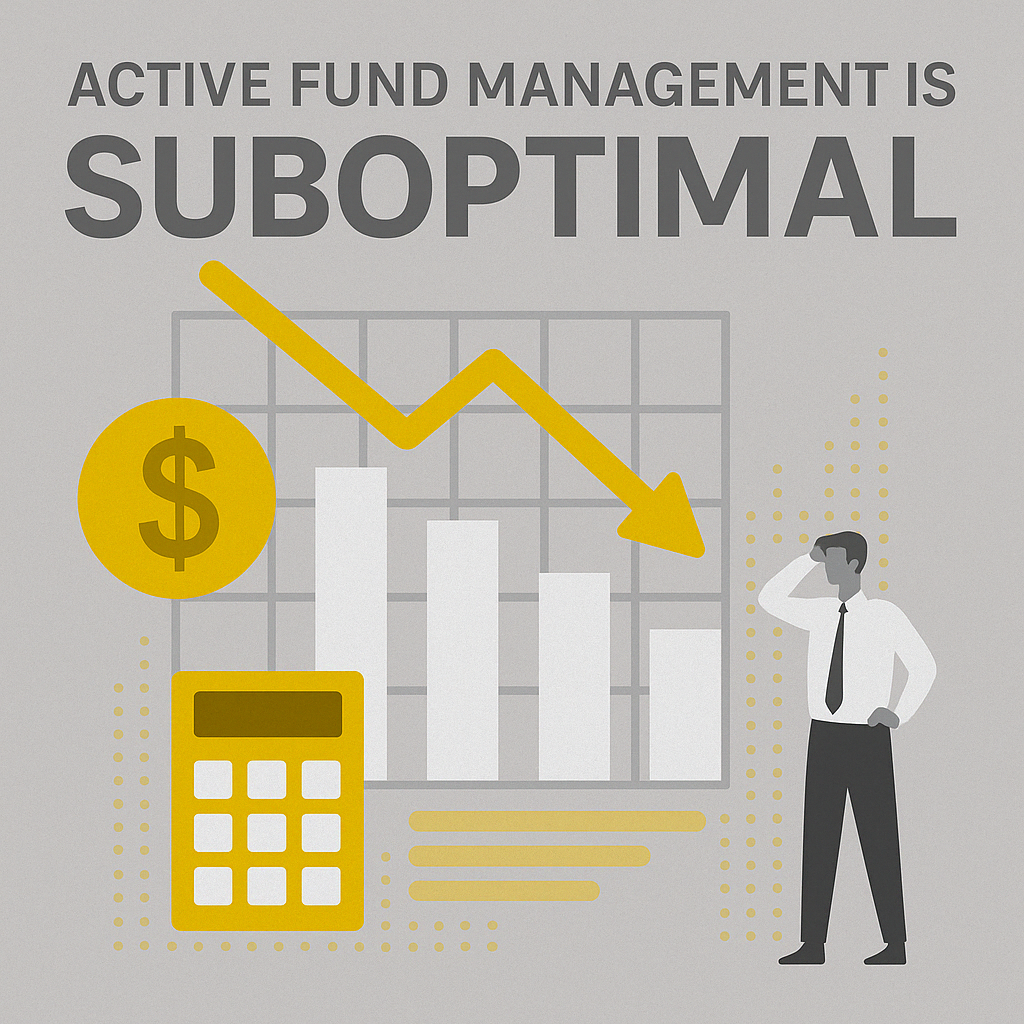Featured and Latest Posts

Understanding the Different Types of Bonds in the UK
When it comes to building a balanced portfolio, bonds are often overshadowed by the flashier world of shares. Yet fixed interest bonds remain a crucial tool for investors seeking reliable income and capital preservation. In the UK, the bond market is diverse—ranging from government-backed gilts to environmentally focused green bonds. This post breaks down the key types of bonds available to UK investors, explaining how they work, who issues them, and why they deserve a place in your investment strategy.

The Basics of Investing: A Beginner’s Guide for UK Investors
New to investing and not sure where to start? This beginner-friendly guide breaks down the fundamentals—from what shares and bonds are to how discounted cash flow works. Tailored for UK investors, we also explore risk, diversification, and how to use tax-efficient tools like ISAs and SIPPs. Learn how to build a solid financial foundation and make your money work harder, one step at a time.

Can Active Fund Managers Consistently Outperform the Market? (Part One)
Active fund management has long promised to beat the market—but does it deliver? This post explores the evidence behind active versus passive investing, unpacking costs, market efficiency, and the realities of stock selection. Backed by research and real-world data, it challenges the assumption that active managers can consistently outperform their benchmarks.

Can Active Fund Managers Consistently Outperform the Market? (Part Two)
Whilst some active fund managers have delivered exceptional returns, the data show that they are few and far between. In this follow-up to my previous post, we explore whether true skill exists in active management—and if so, whether ordinary investors can realistically access it. We examine the case of Baillie Gifford, Warren Buffett’s performance, and SPIVA data to assess whether beating the market is a repeatable skill or a rare exception.

Good financial decisions aren’t about predicting the future, they’re about following a sound process today.
In investing, outcomes are noisy. Short-term performance often reflects randomness, not skill. Yet fund managers continue to pitch five-year track records as if they prove anything. They don’t.
As Ken French puts it, a five-year chart ‘tells you nothing’. The real skill lies in filtering out the noise, evaluating strategy, incentives, costs, and behavioural fit.
Don’t chase what worked recently. Stick with what works reliably.